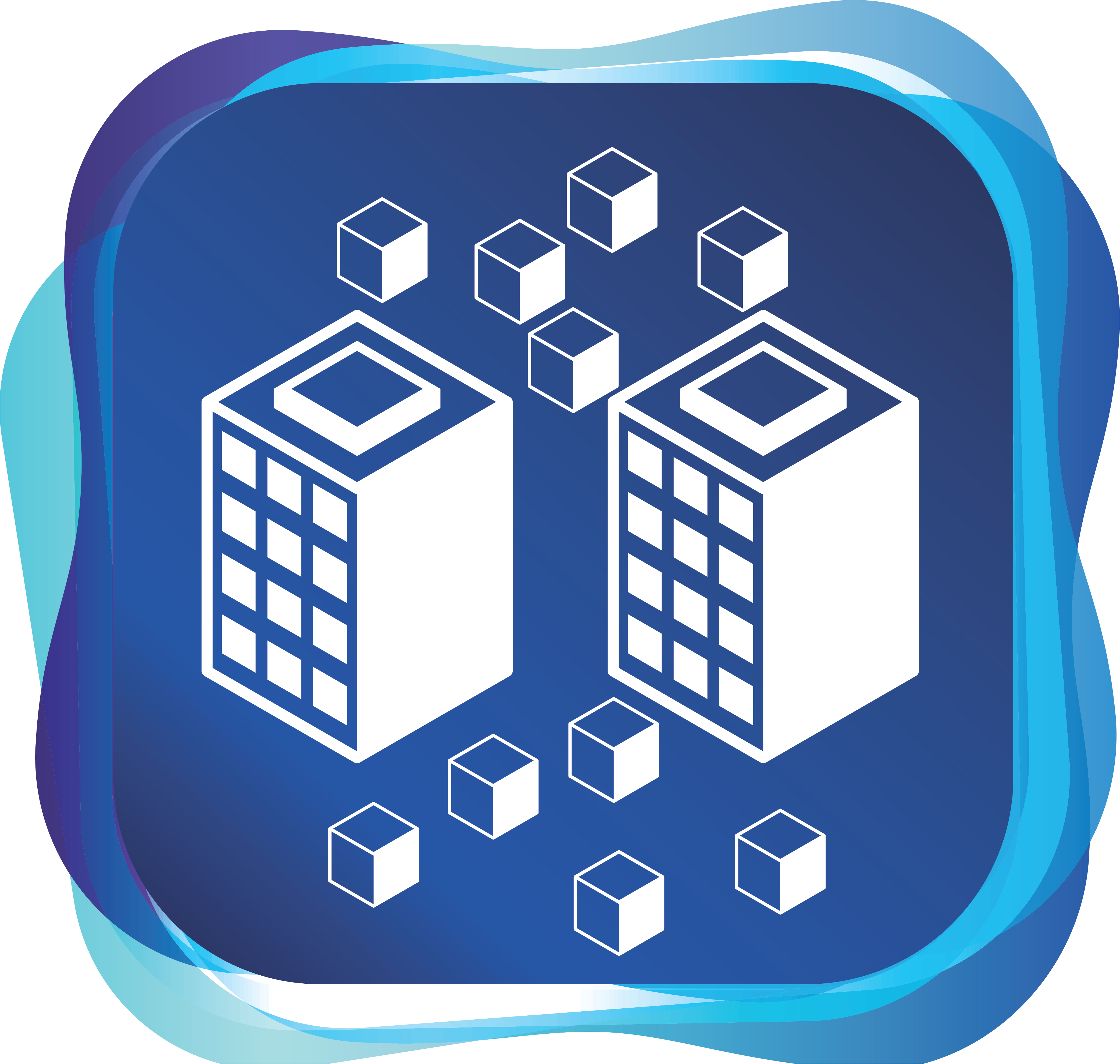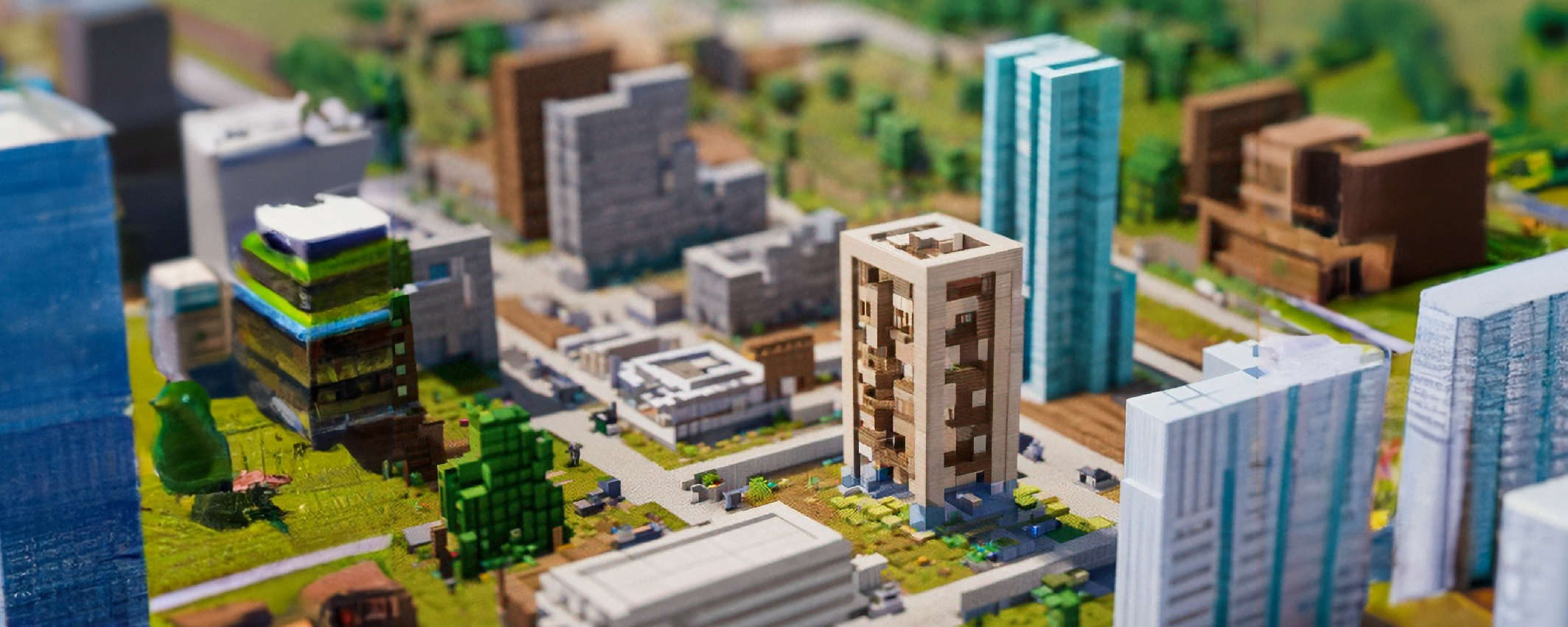 |
CCST6003 Science, Technology and Big Data
|
[This is a 3-credit Common Core Microcredentials course focused on transdisciplinary project-based learning in a highly compressed format.]
- CCMCs are optional, i.e. whether or not you take CCMCs (in place of one standard 6-credit CC course) for fulfilling the UG5(c) Common Core requirements, is at your discretion. However, if you opt to take CCMCs, you must take TWO of them, not more or less.
- Students who have been granted Advanced Standing / Credit Transfer / Course Exemption / Internal Transfer for Common Core courses in their current programme are NOT eligible.
- For students who have successfully completed two 3-credit CCMCs in place of one 6-credit Common Core course, the average grade point of the two CCMCs will be treated as the grade point of a 6-credit Common Core course for calculation of Graduation GPA under the Common Core Special Proviso.
Course Description
By 2050, over two-thirds of the world’s population will live in urban areas, which makes urban sustainability crucial. This course introduces Digital Twin (DT) technology, a digital replica of buildings and cities, to help students understand sustainability and challenge status quo. Using local cases in Minecraft Education Edition (MCEE) worlds, students will learn urban data sources, DT creation steps, sustainability strategies, basic programming and simulation basics, best practices, and analytics and reporting. These skills will enable students to collaboratively address urban issues.
Course topics include (i) local and global built environment issues, (ii) using DT technology for conservation, building measurement, and planning, (iii) ethical, socioeconomic, and philosophical aspects, along with stakeholder roles, (iv) space and energy, and (v) real-life DT examples. Students will attend lectures, tutorials, and discussions, work on a team DT project, and participate in a field trip to the Geospatial Lab of the Development Bureau. By the end of this course, students are expected to gain hands-on experience and explore publicly available urban datasets and gamified DT technology (such as MCEE) to contribute to the sustainability of the built environment.
[A compulsory half-day field trip off-campus will be organized. Students can choose from two different time slots for the trip.]

Course Learning Outcomes
On completing the course, students will be able to:
- Explain the role of Digital Twin (DT) in sustainable development of buildings and cities.
- Apply Minecraft Education Edition (MCEE) as an interactive DT environment to represent and understand buildings and cities.
- Analyze a local or international case of built environment that needs virtual representation, understanding, and reasoning.
- Create and make innovations of DTs of buildings and cities based on solid understanding and reasoning.
Offer Semester and Day of Teaching
Summer Semester
Lecture & tutorial (combined)
9:30 am – 12:30 pm & 2:30 pm – 5:30 pm on August 4 & 5
9:30 am – 11:30 am on August 11 & 12
2:30 pm – 4:30 pm on August 15
Study Load
| Activities | Number of hours |
| Lectures / Seminars / Workshops | 18 |
| Fieldwork / Visits | 2 |
| Reading / Self-study | 10 |
| Assessment: Reflective report | 6 |
| Assessment: Group project and presentation | 24 |
| Assessment: Preparation for in-class debate and discussion | 2 |
| Assessment: Poster presentation (incl preparation) | 4 |
| Total: | 66 |
Assessment: 100% coursework
| Assessment Tasks | Weighting |
| Group project | 40 |
| Poster | 10 |
| Reflection writing | 35 |
| Tutorial participation | 15 |
Required Reading
- Acuto, M. (2016). Give cities a seat at the top table. Nature, 537(7622), 611-613.
- Callaghan, N. (2016). Investigating the role of Minecraft in educational learning environments. Educational Media International, 53(4), 244-260.
- DevB. (2024). Common Spatial Data Infrastructure (CSDI) Portal. Development Bureau, HKSAR. From https://portal.csdi.gov.hk/csdi-webpage/
- Sachs, J. D., Schmidt-Traub, G., Mazzucato, M., Messner, D., Nakicenovic, N., & Rockström, J. (2019). Six transformations to achieve the sustainable development goals. Nature Sustainability, 2(9), 805-814.
- Stubbs, C. (2023). Why Hong Kong must go big on digital twin technology. SCMP. From https://www.scmp.com/comment/letters/article/3240614/why-hong-kong-must-go-big-digital-twin-technology
- Tao, F., Zhang, H., Liu, A., & Nee, A. Y. (2018). Digital twin in industry: State-of-the-art. IEEE Transactions on Industrial Informatics, 15(4), 2405-2415.
Course Co-ordinator and Teacher(s)
| Course Co-ordinator | Contact |
| Professor F. Xue Department of Real Estate and Construction, Faculty of Architecture |
Tel: 3917 4171 Email: xuef@hku.hk |
| Teacher(s) | Contact |
| Professor F. Xue Department of Real Estate and Construction, Faculty of Architecture |
Tel: 3917 4171 Email: xuef@hku.hk |

